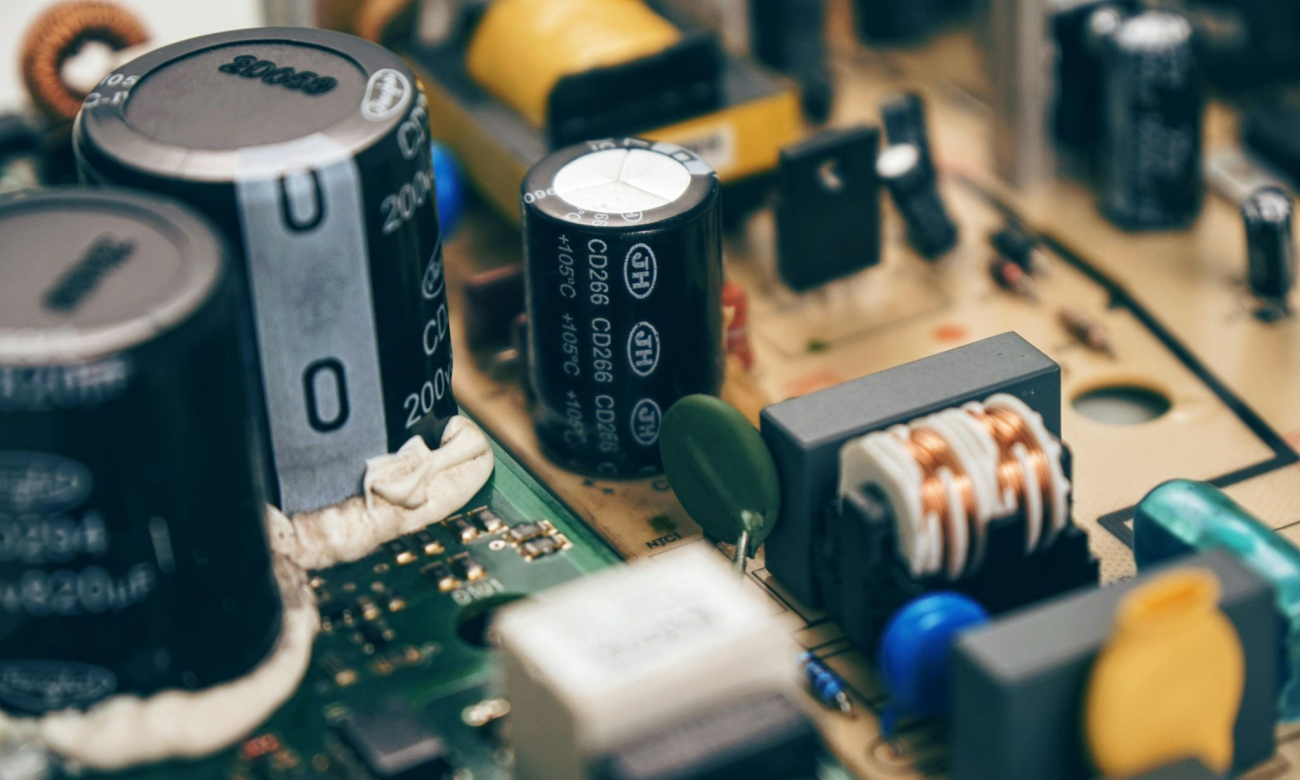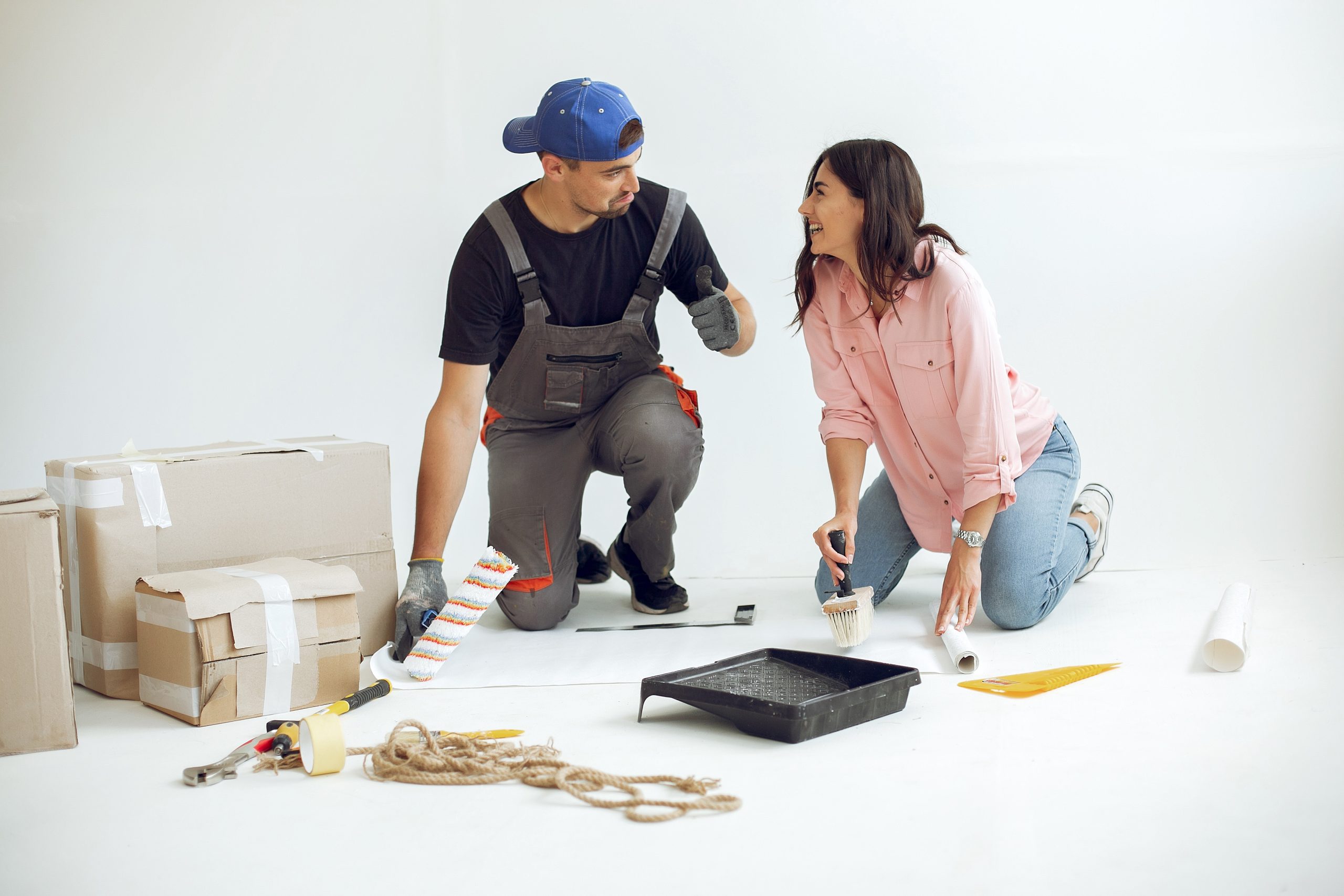When your electronics stop working, the first thought many people have is whether they can fix it themselves. With countless online tutorials and quick-fix guides, it’s tempting to grab a screwdriver and start tinkering. But when it comes to electronics repair, especially with delicate equipment like music gear, televisions, valve amplifiers, or digital pianos, knowing what you can safely attempt at home—and when to call in a professional—makes all the difference.
In this post, we’ll break down common problems, safe DIY fixes, and situations where expert repair services are essential.
Understanding the Risks of DIY Repairs
Modern electronics are complex systems with sensitive components. While some repairs are straightforward, others require advanced knowledge, specialized tools, and safety precautions. Attempting the wrong fix can worsen the problem, cause permanent damage, or even put your safety at risk—especially with devices involving high voltage, like valve amplifiers or power supplies in televisions.
Before diving into any repair, consider these key risks:
- Warranty voiding – Opening your device often cancels the manufacturer’s warranty.
- Component damage – Static electricity, incorrect parts, or bad soldering can ruin circuit boards.
- Safety hazards – Shock risks are real in electronics with stored electrical charge.
- Costlier repairs later – A failed DIY attempt can make professional repair more expensive.
Safe DIY Fixes You Can Try
Not all issues need a technician. Here are a few common scenarios where DIY troubleshooting is safe and often effective:
1. Power Issues
- Check power cords and plugs – Loose connections are often the culprit.
- Fuse replacement – Some equipment has accessible fuses that are simple to swap out.
2. Digital Piano Repair Basics
- Key cleaning – If a piano key isn’t responding, dirt or dust could be the issue. Gently cleaning with a microfiber cloth may solve it.
- Reset settings – Many digital pianos allow a factory reset that resolves unresponsive keys or sound glitches.
3. Music Equipment Repair
- Loose cables – Many sound issues come from faulty or frayed cables rather than the instrument itself.
- Replacing knobs or external parts – If a knob falls off or a simple external component breaks, replacing it is usually safe.
4. Television Repair (Basic Checks)
- Remote issues – Test or replace batteries before assuming the TV is broken.
- Input source problems – Check HDMI or AV cables before calling a technician.
5. Valve Amplifier Care
- Tube replacement – Some valve amplifiers are designed for easy tube swaps. If labeled as “user-serviceable,” you can replace worn tubes with compatible ones.
These are low-risk fixes that don’t require advanced knowledge. If the issue persists after basic checks, it’s time for professional help.
When to Call a Professional

Some repairs go far beyond simple fixes. Here’s when you should absolutely seek professional electronics repair services:
1. Internal Power Supply Issues
Televisions, amplifiers, and pianos often have high-voltage components. Only a professional should attempt these repairs.
2. Circuit Board Failures
If chips or boards are damaged, specialized equipment is needed to diagnose and repair them.
3. Complex Music Equipment Problems
For audio gear or amplifiers with sound distortion, cutting out, or overheating, leave it to a qualified music equipment repair technician.
4. Digital Piano Repairs Beyond Cleaning
If multiple keys fail, sounds distort, or the internal electronics malfunction, DIY methods won’t solve the issue.
5. Valve Amplifier Repairs
While replacing tubes may be safe, rewiring or repairing circuits involves dangerous voltages. Always call a valve amplifier repair expert.
Why Professional Repairs Are Worth It
Choosing expert repair services offers several advantages:
- Accurate diagnosis – Technicians pinpoint the exact issue rather than guessing.
- Specialized tools – From oscilloscopes to soldering stations, repair shops have the right equipment.
- Long-term reliability – A professional fix restores performance and prevents future issues.
- Cost-effectiveness – While DIY may seem cheaper, professionals often save money by preventing bigger damage.
- Safety assurance – You avoid the risks of electrical shock or fire hazards.
Preventive Care Tips for Electronics
Whether you attempt DIY or not, maintaining your electronics reduces the need for frequent repairs.
- Keep equipment dry – Humidity is a major cause of damage in instruments and TVs.
- Clean regularly – Dust build-up can cause overheating and performance issues.
- Use surge protectors – Power spikes can damage delicate electronics.
- Handle with care – Avoid moving pianos, amplifiers, or televisions without proper protection.
Final Thoughts
When it comes to electronics repair, the line between safe DIY and professional service depends on the complexity of the issue. Cleaning, checking cables, and basic resets are generally safe at home. But once the problem involves internal circuits, high voltage, or delicate components, professional help is the smart choice.Whether it’s music equipment repair, television repair, valve amplifier repair, or digital piano repair, relying on experts ensures your devices are restored safely and effectively.







